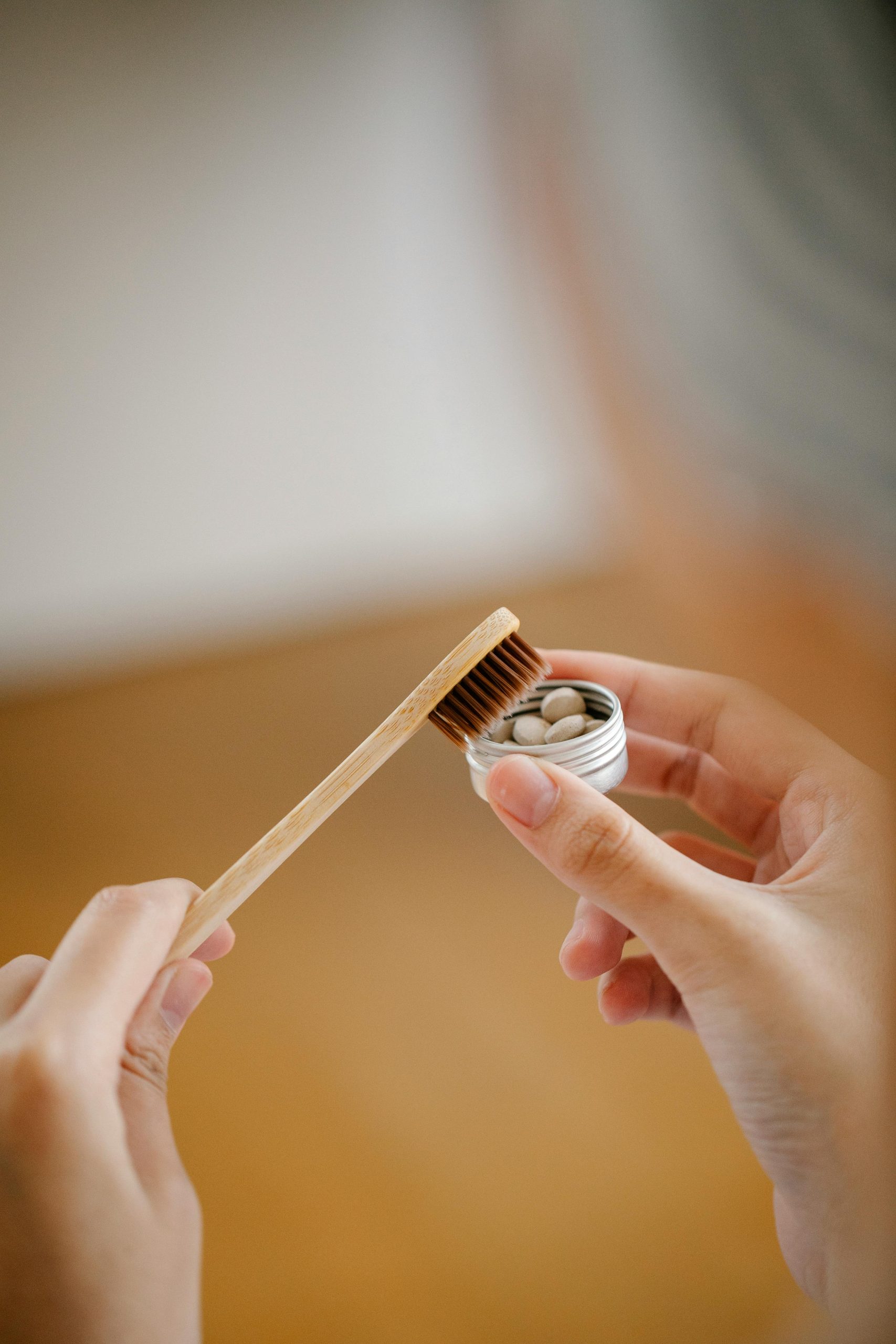Living an eco-conscious lifestyle doesn’t have to be overwhelming. Small, intentional changes in your daily routine can significantly reduce your environmental footprint while saving you money in the long run. Whether you’re just starting your sustainability journey or looking for new ways to go greener, these easy swaps will help you make a positive impact—one step at a time.
1. Sustainable Swaps for Your Morning Routine
Mornings set the tone for the day, and a few simple changes can make your routine more planet-friendly:
- Reusable Coffee Cups: Swap disposable coffee cups for a reusable thermos or insulated mug. Billions of single-use cups end up in landfills each year, and most aren’t recyclable due to their plastic lining.
- Bamboo Toothbrushes: Traditional plastic toothbrushes take centuries to decompose. Opt for a biodegradable bamboo alternative instead.
- Bar Soap Over Bottles: Liquid hand soap often comes in plastic packaging. Switch to bar soap, which lasts longer and typically uses minimal or compostable wrapping.
- DIY or Plastic-Free Toothpaste: Consider toothpaste tablets or make your own paste with baking soda and coconut oil to cut down on plastic tubes.
Bonus Tip: Conserve Water
Turn off the tap while brushing your teeth or shaving to save gallons of water each week. Every drop counts!
2. Eco-Friendly Alternatives for Meals and Groceries
Food waste and single-use packaging are major environmental concerns. Here’s how to shop and eat more sustainably:
- Reusable Produce Bags: Ditch plastic produce bags and bring your own mesh or cloth bags to the grocery store.
- Bulk Buying: Purchase pantry staples like rice, beans, and nuts from bulk bins using your own containers to minimize packaging waste.
- Beeswax Wraps: Replace plastic cling wrap with reusable beeswax wraps for storing leftovers and covering bowls.
- Meatless Mondays: Reducing meat consumption, even once a week, lowers your carbon footprint. Try plant-based proteins like lentils, chickpeas, or tofu.
Bonus Tip: Compost Food Scraps
Instead of tossing vegetable peels and coffee grounds, start a compost bin to turn waste into nutrient-rich soil for your garden.
3. Green Cleaning and Household Swaps
Many conventional cleaning products contain harsh chemicals and come in plastic bottles. Try these eco-friendly alternatives:
- Vinegar and Baking Soda: These pantry staples can tackle everything from stains to clogged drains without toxic chemicals.
- Refillable Cleaning Supplies: Look for stores that offer refill stations for dish soap, laundry detergent, and all-purpose cleaners.
- Microfiber-Free Cleaning: Swap disposable wipes and synthetic sponges for washable cotton cloths or cellulose sponges.
- Eco-Friendly Laundry: Use wool dryer balls instead of disposable dryer sheets, and choose biodegradable detergent strips over plastic jugs.
Bonus Tip: Make Your Own Air Freshener
Simmer citrus peels, cinnamon, and herbs in water for a natural, chemical-free air freshener.
4. Sustainable Personal Care and Beauty
The beauty industry generates massive amounts of plastic waste. These swaps help you look good while doing good:
- Safety Razors: Replace disposable razors with a durable stainless steel safety razor that only requires blade replacements.
- Shampoo Bars: Skip the plastic bottles and try solid shampoo bars, which last longer and often come in minimal packaging.
- Reusable Makeup Remover Pads: Instead of disposable cotton rounds, use washable bamboo or organic cotton pads.
- Menstrual Cups or Cloth Pads: Reduce period waste by switching to reusable menstrual products, which are cost-effective and eco-friendly.
Bonus Tip: Choose Naked Products
Look for “naked” (packaging-free) cosmetics like solid lotion bars, deodorants, and lip balms to cut down on plastic waste.
5. Eco-Conscious Transportation and Lifestyle Habits
Small changes in how you get around and spend your free time can make a big difference:
- Bike or Walk: For short trips, leave the car at home and opt for walking or biking to reduce emissions.
- Public Transit or Carpooling: If driving is necessary, share rides or use public transportation to lower your carbon footprint.
- Reusable Water Bottles and Utensils: Carry a stainless steel water bottle and a portable utensil set to avoid single-use plastics when on the go.
- Digital Over Paper: Opt for e-tickets, e-books, and digital notes to reduce paper consumption.
Bonus Tip: Support Local and Sustainable Brands
Whenever possible, buy from local businesses and brands committed to ethical, sustainable practices.
Conclusion
Adopting an eco-conscious lifestyle doesn’t require a complete overhaul—just mindful choices in your daily routine. By making these simple swaps, you’ll reduce waste, conserve resources, and contribute to a healthier planet. Start with one or two changes and gradually incorporate more as you go. Every small action adds up, and together, we can create a greener future.


